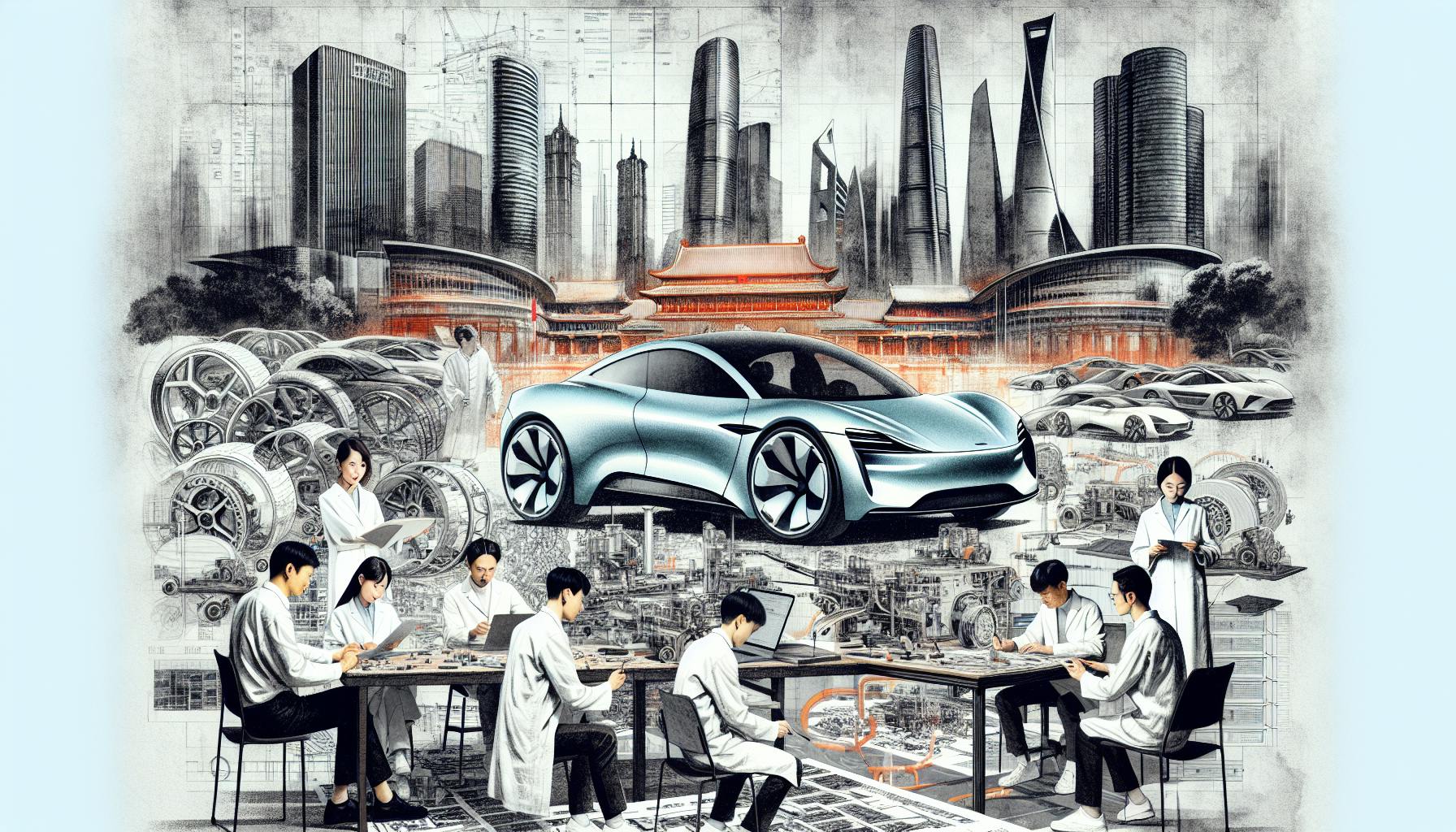


What’s going on here?
Leading global automakers, including Volkswagen, Toyota, and Renault, are enhancing their ties with Chinese technology companies to bolster their positions in the rapidly evolving electric vehicle (EV) market. This strategic move is driven by the swift technological advancements and the increasing prominence of local Chinese brands.
What does this mean?
Amidst this shift, Toyota has teamed up with Tencent to infuse AI and big data into vehicles tailored for Chinese consumers, while Volkswagen is expanding its collaboration with EV pioneer XPeng. Not to be outdone, Renault and Nissan are developing smart vehicle technology through partnerships with Li Auto, Xiaomi, and Huawei. These alliances are not only about tapping into local tech expertise but also about adapting to the competitive pressures of the Chinese market, where foreign automakers have seen their market share drop from 57% to 48% in just two years, highlighting the ascendancy of Chinese firms like BYD.
Why should I care?
For markets: Turning to China’s tech powerhouses.
These strategic shifts are essential for foreign automakers aiming to maintain significance in the evolving narrative of China’s EV sector. By investing in local partnerships, boosting in-country production, and working with popular Chinese car influencers, these companies are customizing their approaches to resonate with local consumers. This is particularly crucial as traditional American automotive players like Ford and GM reassess their strategies in China.
The bigger picture: Innovation at the speed of the market.
The showcase at the Beijing auto show is more than just a commitment to the Chinese market; it reflects the significant challenges foreign manufacturers face. With Chinese EV firms speeding through development cycles, it’s a race against time for foreign firms to stay relevant. Adapting quickly to technological shifts and consumer preferences is now fundamental for global automakers aiming to keep a competitive edge in this dynamic market.